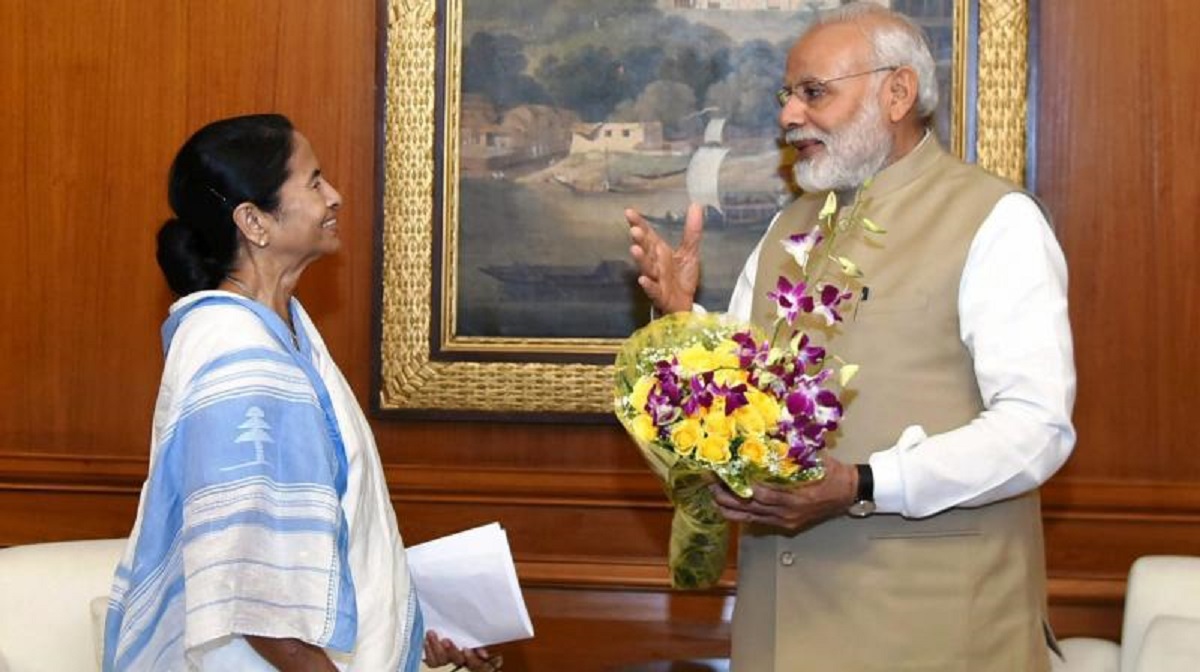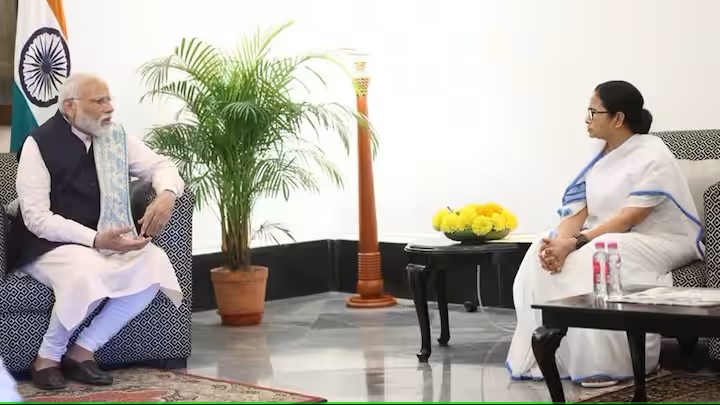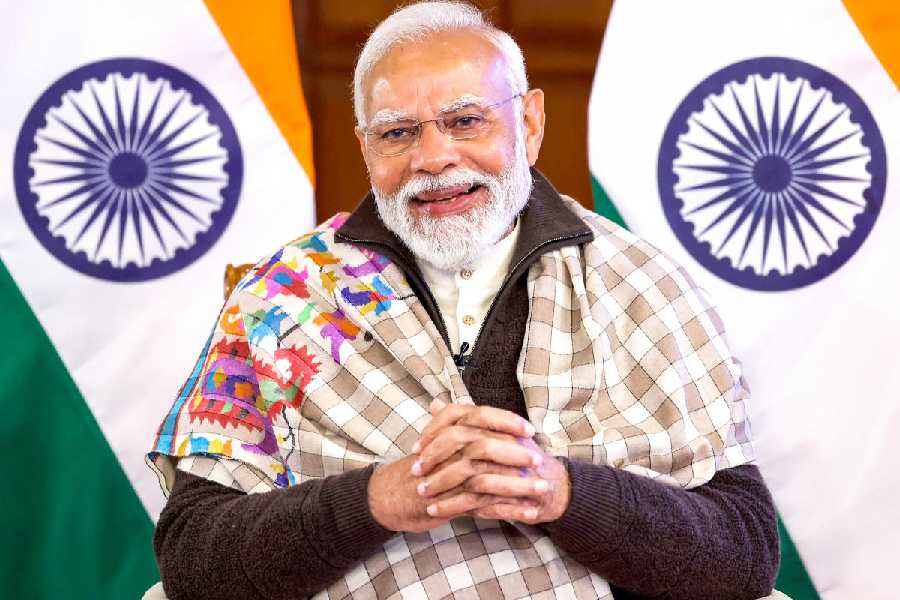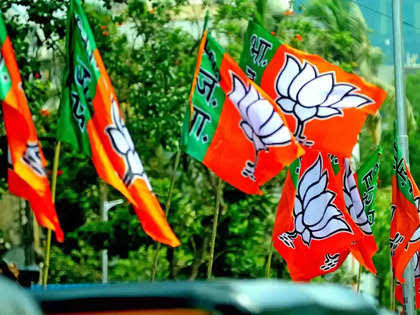On March 1, 2024, West Bengal Chief Minister Mamata Banerjee engaged in a closely watched meeting with Prime Minister Narendra Modi in New Delhi. This face-to-face encounter, despite its brevity, garnered significant attention due to the contrasting political stances of the two leaders and the potential implications for both the central government and the state of West Bengal. While the specific details of their closed-door discussion remain confidential, informed speculation suggests that a range of critical issues formed the crux of their conversation.
-
 National Collaboration on Pressing Issues: Transcending regional concerns, the leaders might have delved into broader national challenges that necessitate cooperation between the central and state governments. This could have potentially encompassed:
National Collaboration on Pressing Issues: Transcending regional concerns, the leaders might have delved into broader national challenges that necessitate cooperation between the central and state governments. This could have potentially encompassed:- Economic Revival Strategies: Exploring joint efforts to address the national economic slowdown, potentially including measures to stimulate job creation, accelerate infrastructure development in key sectors like transportation and energy, and attract foreign investments.
- Nationwide Public Healthcare Initiatives: Discussions on collaborative efforts to improve healthcare access and quality across India, potentially involving infrastructure upgrades for hospitals and clinics in West Bengal, implementing public health programs more effectively, and ensuring broader access to essential medications and medical resources, particularly in rural areas.
- Environmental Protection Measures: A possible exchange of ideas on tackling pressing environmental concerns like pollution control, promoting sustainable development practices in West Bengal, such as renewable energy adoption and waste management initiatives, and formulating effective climate change mitigation strategies.
-
Addressing West Bengal’s Specific Needs: Chief Minister Banerjee could have utilized this opportunity to highlight issues specific to West Bengal that require central government support or intervention. Potential topics of discussion could have included:
- Disaster Relief and Rehabilitation Assistance: Discussions on securing central assistance for ongoing or future disaster relief efforts in the wake of natural calamities like floods or cyclones that have affected the state. This could involve securing additional funds, expediting the release of promised aid, or requesting technical assistance for reconstruction and rehabilitation efforts.
- Support for West Bengal’s Farmers: Addressing the challenges faced by the state’s agricultural sector, potentially including issues like providing relief during droughts, implementing effective crop insurance schemes to mitigate financial losses, and ensuring farmers receive fair market prices for their produce through measures like improved market access and streamlined agricultural marketing systems.
- Funding and Policy Changes for Social Welfare Programs: Discussions on securing central government funding or policy changes to support crucial social welfare programs in West Bengal, potentially encompassing areas like education, particularly in improving the quality of primary and secondary education, healthcare, especially focusing on expanding access to affordable healthcare in rural areas, and poverty alleviation through targeted programs and skill development initiatives.
Progress and Challenges in Infrastructure Development: The Indian government frequently allocates funds for various infrastructure projects across the country, and West Bengal is a recipient of such funding. The meeting could have served as a platform to discuss:
- Progress Updates and Challenges Faced: The progress and challenges associated with ongoing infrastructure projects in West Bengal, such as road construction and upgradation to improve connectivity, railway network expansion or modernization to enhance transportation efficiency, and power grid improvements to ensure reliable electricity supply. These discussions could involve addressing issues like delays in project completion, and cost overruns, and identifying solutions to expedite progress.
- Future Infrastructure Development Plans: Potential discussions on future infrastructure projects that could benefit West Bengal and contribute to its overall development, such as new railway lines to connect remote areas, improved irrigation systems to enhance agricultural productivity, or renewable energy projects to promote sustainable development and energy security. These discussions could involve exploring funding options, identifying potential areas for collaboration, and outlining a roadmap for project implementation.
While the specific outcomes of the meeting remain undisclosed, it holds potential significance for several reasons. Firstly, the meeting signifies a potential channel for communication and collaboration between different branches of the Indian government, which is crucial for tackling national and regional challenges. It demonstrates a willingness to engage in dialogue despite differing political views, paving the way for potential future cooperation on critical issues. Secondly, it could mark a potential thaw in the sometimes-strained relations between the West Bengal government and the central government. This could lead to more productive dialogue and collaboration on issues of mutual interest in the future, potentially benefiting both the state and the nation as a whole. The true impact of this meeting will likely unfold in the coming days and weeks, but it has undoubtedly generated interest and speculation regarding its potential implications for West Bengal and its role in the national landscape.




